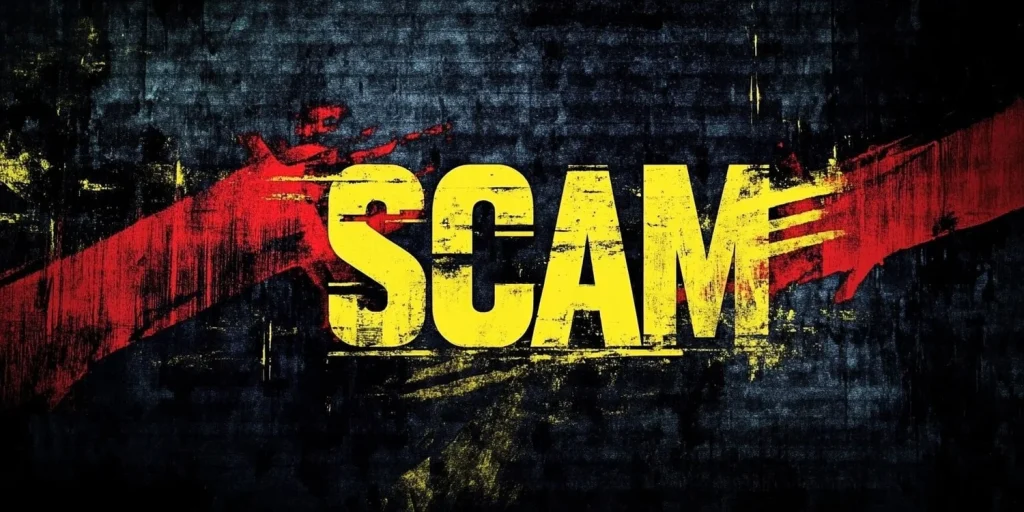Unveiling Skype Group Chat Scams: How Bots Deceive Victims into Crypto Fraud

This is a screenshot of scam bots happily chatting away in an orchestrated script on Skype - this is happening while we are writing this article.
Should Microsoft Be Held Liable for Scams on Skype?
As digital platforms grow, so does the sophistication of online scams. A significant question arises: Should Microsoft be held legally and financially liable for the damages caused by scams that take place on Skype? The issue is complex, rooted in existing legal protections for online platforms, particularly concerning user-generated content. However, as artificial intelligence (AI)-driven scams become increasingly persistent, a compelling argument is emerging: tech giants, including Microsoft, should bear more responsibility for fraud occurring on their platforms.
The Legal Landscape: Section 230 and Beyond
In the United States, Section 230 of the Communications Decency Act shields tech companies from liability for content posted by users on their platforms. The law effectively states that “No provider or user of an interactive computer service shall be treated as the publisher or speaker of any information provided by another information content provider.” Under this framework, Microsoft is not held legally responsible for scams on Skype so long as it is not directly involved in facilitating these activities.
Similar protections exist worldwide, such as the European Union’s Digital Services Act (DSA), which obligates platforms to address illegal content but does not inherently assign financial liability for user-generated scams.
Instances Where Microsoft Could Face Liability
1. Negligence in Responding to Reports
Should users report scams on Skype, Microsoft has an obligation to respond within a reasonable timeframe. If the company fails to act—ignoring or delaying action on such reports for an extended period—it may face claims of negligence. Courts have established that once platforms are aware of criminal activities, they cannot simply remain passive. For example, in the 2008 case Doe v. MySpace, the ruling favored MySpace due to Section 230 protections. However, in other scenarios, platforms have been held accountable when they had actual knowledge of illegal activities and failed to intervene.
2. Profiting from Scams
If Microsoft knowingly allows scam-related activities to continue because these contribute positively to Skype’s user metrics or financial performance, it may face allegations of benefiting from fraud. For instance, if scammers’ presence gives a boost to active user statistics, which in turn influences stock prices or advertising revenue, Microsoft might be seen as complicit. Victims who lose money to scams reported on Skype could then seek legal recourse under consumer protection laws.
3. AI and Algorithmic Complicity
Furthermore, if Microsoft’s AI tools actively promote scam-related content—such as suggesting scam groups or chat rooms—it could invoke liability. If the algorithms fail to recognize and filter out scam content effectively, Microsoft may be held responsible for algorithmic negligence. New regulations, including the DSA, are placing increasing scrutiny on platforms to assess and mitigate AI-related risks.
Why Are Tech Giants Often Exempt from Accountability?
While there is an evident ethical argument for liability, established tech companies frequently escape financial responsibility through various loopholes:
1. Legal Protections and Lobbying Power
Microsoft, like other tech firms, employs strong legal defenses to ensure compliance with existing regulations, effectively keeping them shielded from liability. Additionally, significant lobbying efforts are aimed at minimizing regulatory burdens.
2. Burden of Proof Lies with Victims
To hold Microsoft legally accountable, victims must establish that negligence on Skype’s part directly contributed to their losses. This can be extremely challenging because scammers often operate anonymously, making it difficult for victims to trace them, and often moving their operations off-platform quickly.
3. Off-Platform Scams
Many scams that originate on Skype ultimately transition to platforms like WhatsApp or Telegram, allowing Microsoft to argue that the fraudulent activity did not occur directly within their service. This creates a buffer against liability claims.
What Needs to Change?
For Microsoft—and by extension, other tech giants—to be held accountable for scams on their platforms, legal reforms must be considered. Here are some potential changes:
1. Mandatory Compensation for Negligence
Implementing regulations that require platforms to financially compensate victims if they do not act within a specific timeframe (e.g., 24 hours) after being alerted to scams could create accountability. Similar laws already exist for financial institutions in cases of fraud.
2. Stricter Regulations for AI-Driven Scams
New legislation should hold platforms accountable for the performance of their AI systems. If AI can identify and remove copyright violations promptly, it stands to reason it should also detect large-scale orchestrated scams swiftly.
3. Class-Action Lawsuits
Creating avenues for collective lawsuits against tech companies that fail to act could enforce a higher standard of accountability. This would incentivize platforms to take fraud prevention more seriously, as financial repercussions would directly impact their operations.
The Future of Liability: Will Microsoft Face Legal Consequences?
As the landscape continues to evolve, tech companies may not voluntarily take responsibility, but future global regulations might compel them to do so. The EU’s Digital Services Act is signaling a move toward stricter accountability measures, including severe fines for platforms failing to manage online fraud effectively.
Moreover, discussions in Congress regarding modifications to Section 230 could adjust the liability landscape, leading to greater accountability for tech giants like Microsoft. If more victims pursue legal action against the company for negligence, it could set a crucial precedent—one that might lead to significant financial repercussions for tech firms.
In conclusion, while current laws grant Microsoft substantial protection from liability for scams on Skype, the increasing complexity of online fraud, fueled by AI advancements, calls for a reevaluation of these legal frameworks. The question remains: will Microsoft, and other tech giants, adapt to this evolving landscape, or will they continue to evade responsibility for scams on their platforms? The coming years are poised to provide some answers.
Thanks for reading. Please let us know your thoughts and ideas in the comment section.
Source link
#Anatomy #Skype #Group #Chat #Scam #Bots #Manipulate #Victims #Crypto #Fraud





